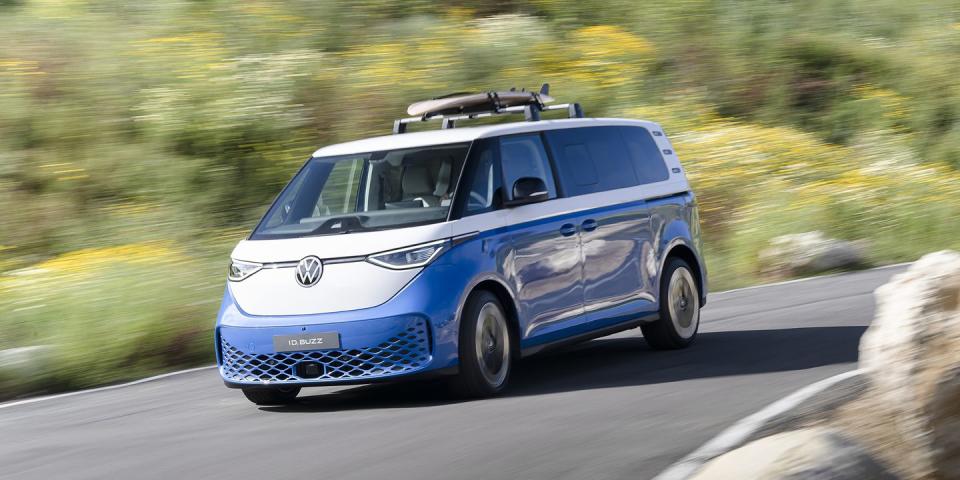Why VW Group Is Giving Its Brands More Control over Strategy, Identity

At Capital Markets Day, Volkswagen lays out a business strategy for the rest of the decade under new Group CEO Oliver Blume, intending to focus less on volume.
The automaker, in the midst of a turn to electrification, wants to achieve 9% to 11% return on sales by the year 2030.
The VW Group plans to give its brands more control and responsibility over strategy, financial targets, and brand identities.
For a long time the Volkswagen brand chased sales volume in the US and overseas, aiming to overwhelm competitors when it came to the numbers of cars dealers sought to sell, and keep selling. While this approach worked for a number of decades in several crucial markets, including the US, the achievement of this volume often came at the expense of build quality or short and long-term reliability, as the remaining numbers of VW Group vehicles of the 1990s and early 2000s remind us.
This period was followed by a shorter era marked by a reach upmarket, exemplified by vehicles like the Phaeton, Touareg, CC, and finally the Arteon, whose demise was confirmed just days ago. This era left the VW brand with a smaller number of affordable models to offer buyers, as the VW brand struggled to find its footing in a market suddenly saturated by crossovers, which until recently VW lacked.
"Historically, our company has often tried to increase profitability through volume growth—and we have been successful with this strategy," said Arno Antlitz, CFO and COO of Volkswagen Group. "However, we are convinced that the transformation of our industry towards e-mobility and digitalization requires a new approach."
A more fundamental problem became obvious over the past couple of decades: VW has often lagged behind competitors in return on sales, or operating profit margin.
This issue was overshadowed for much of the past half decade as VW struggled to overcome the diesel crisis and launched efforts to electrify its lineup—a slow and ongoing process that is only now starting to show results. But profitability still remains a thorny issue for the VW Group as it faces other challenges including the pandemic-strained supply chains, rising energy costs in Europe, rapidly growing competition in China, battery production bottlenecks, union labor issues in Germany, and ongoing struggles at VW's in-house Cariad software unit.
A few days ago at Capital Markets Day, VW unveiled a new strategy that prizes value over volume, all with the goal of achieving 9% to 11% return on sales by the year 2030.
VW is hoping this new steering model, one which will give VW Group brands more control and responsibility over strategy, financial targets, and brand identity, will turn things around by the end of the decade.

 Yahoo Autos
Yahoo Autos 